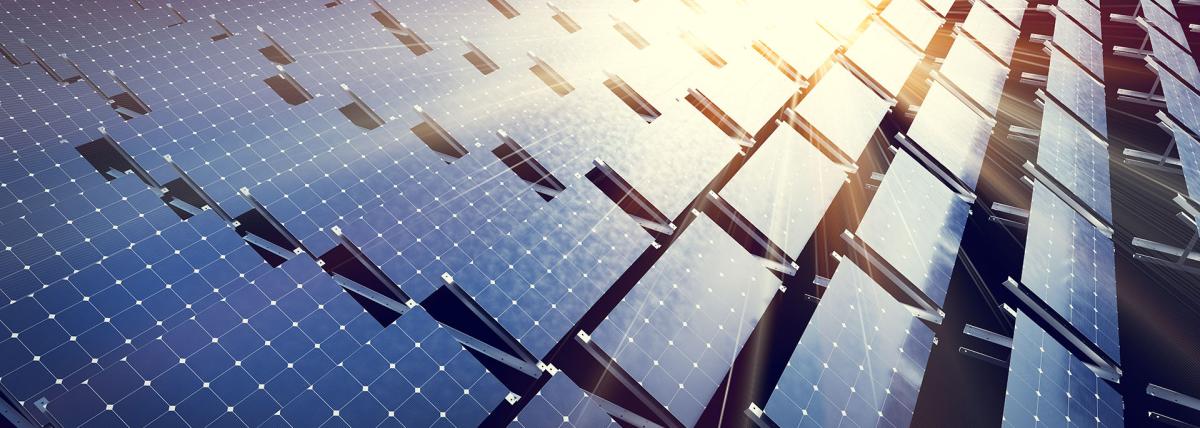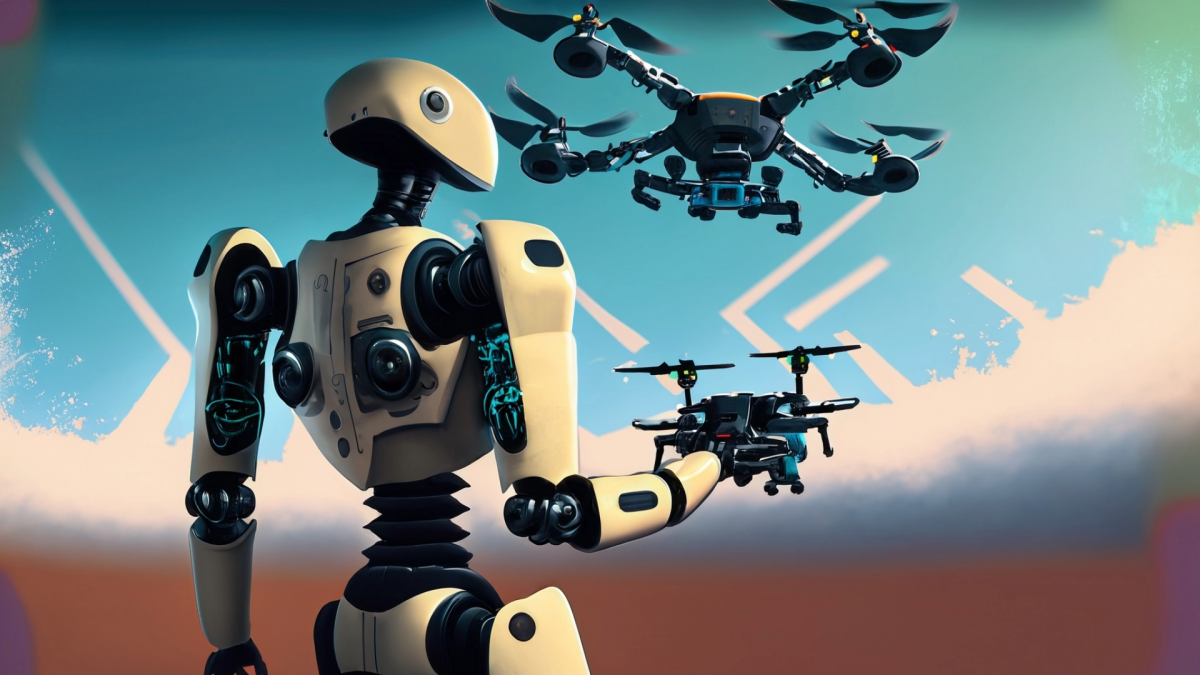
Space Farming
by Shauna Hamman
In this lesson, students will be learning about the challenges of farming in space for future settlements. Specifically they will focus on the difficulty of testing whether plants will grow in soil that doesn't exist on Earth.
They will participate in a design challenge where they design a seed starting tray with the smallest possible amount of soil (to mimic the real-life challenge of experimenting with growing plants in the extremely limited amount of lunar soil that was brought back from the Apollo missions).
The lesson lists a variety of suggested materials for the lesson. It is anticipated that the lesson and design challenge would take 2 days, plus about 10 days to record observations and results.
Lesson Grade Level
6th GradeLesson Plan Link/URL
https://docs.google.com/presentation/d/1EzNT1PpY4HJEjS1SG52eQbD6QHzdI06ZHtO7C-B…Subject Area
Science Earth and Space Science E2: Earth & the Universe Life Science L2: Organisms & Energy Technology 4. Innovative Designer Engineering S2: Apply the Engineering Design Process Mathematics Measurement and Data (MD) Ratio and Proportion (RP) Statistics and Probability (SP)
Featured
Off
Related Content

Grades:
3rd Grade, 4th Grade, 5th Grade
Students will practice coding using Ed Blocks. They will use a given map as a target for their robot navigation with precision. The emphasis on this lesson is on making modifications and adjustments

Grades:
7th Grade
This project transforms students into solar power investigators! They'll construct miniature solar power plants (model houses) and test methods to combat dust, a real-world challenge for solar panels

Grades:
6th Grade, 7th Grade, 8th Grade
In the Drone Light Show project, students will explore the intersection of technology, creativity, and teamwork by designing and programming their own synchronized drone light show. Utilizing DJI